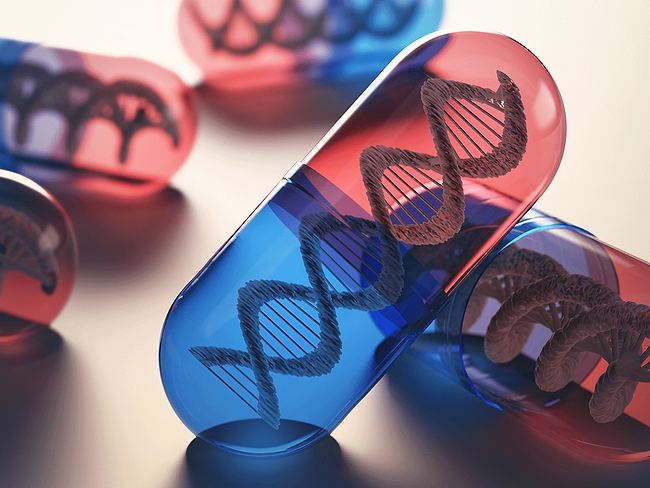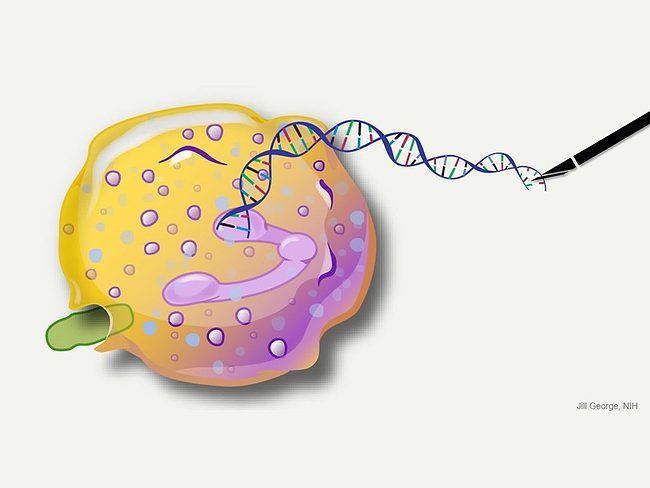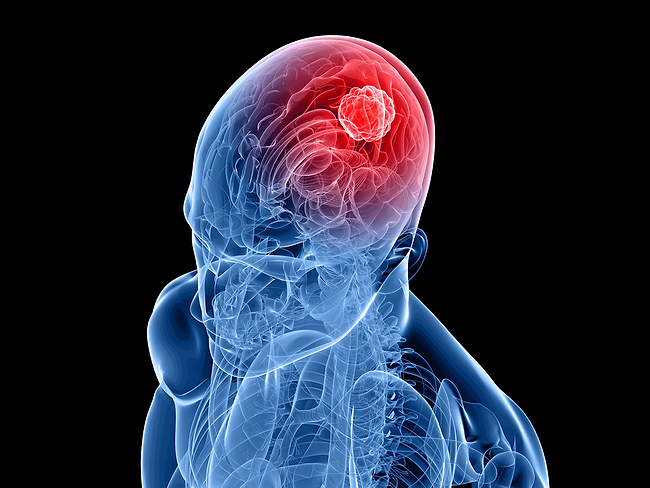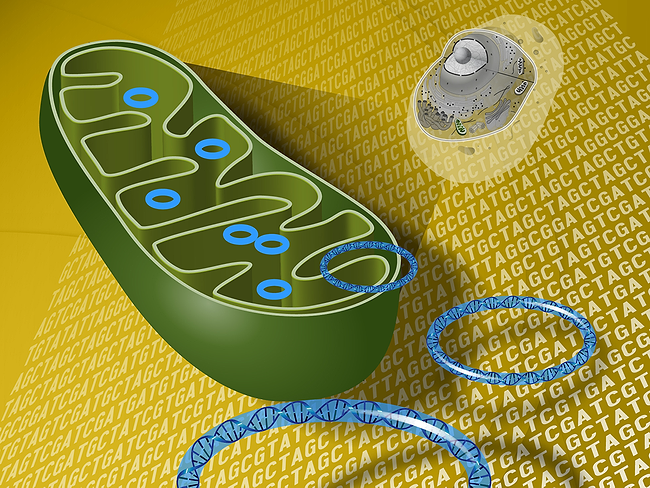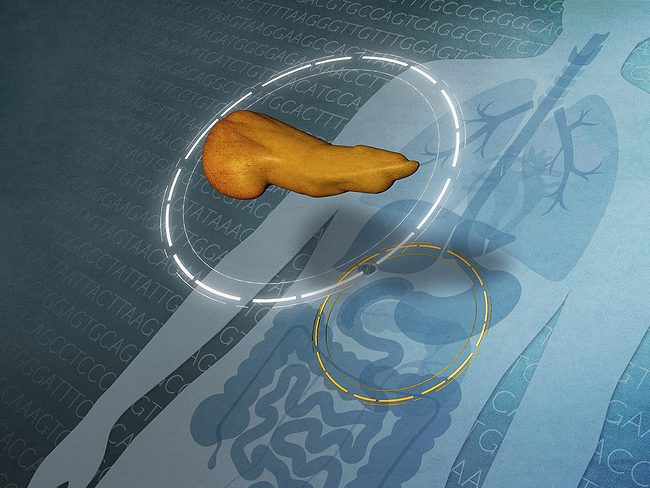
Gene therapy
Drug Design, Drug Delivery & Technologies
Next-generation genome editing tools surpass CRISPR milestone
Read MoreNeurology/Psychiatric
Voyager selects lead development candidate for SOD-mutated ALS gene therapy program
Read MoreNeurology/Psychiatric
